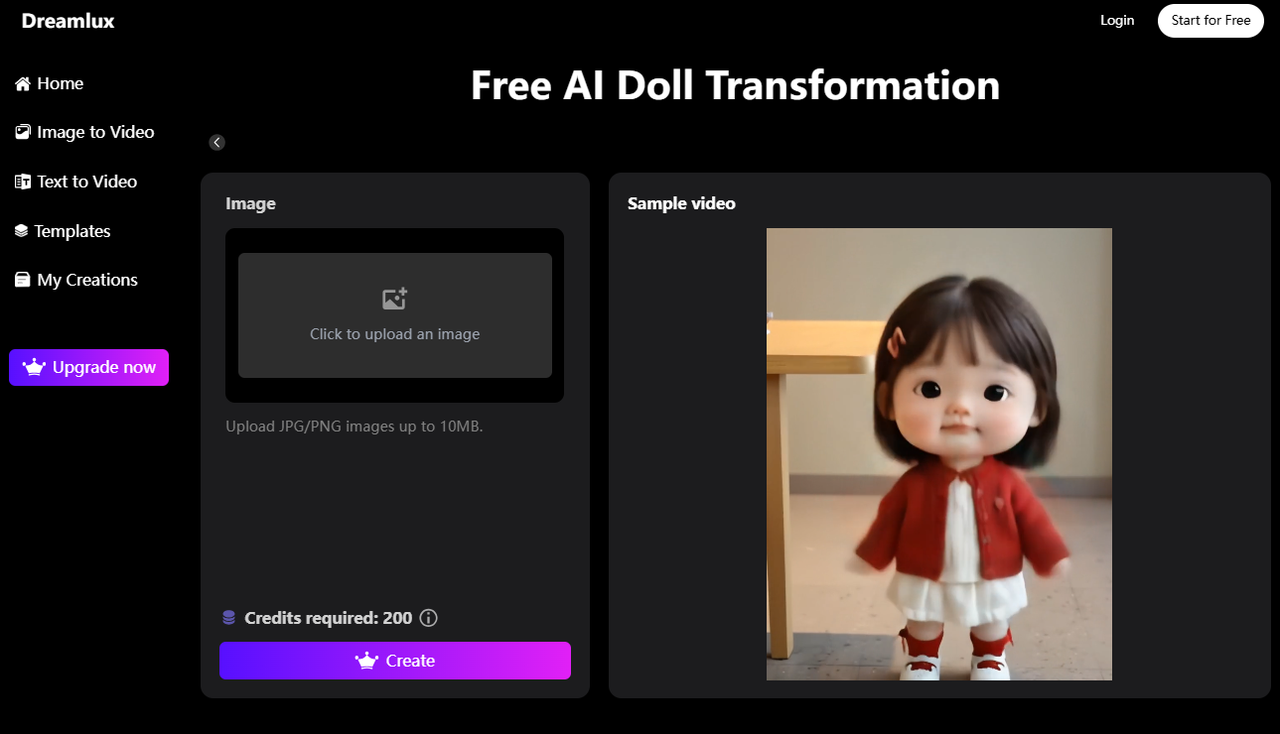Democrats renew push for ‘algorithmic accountability’

With the advent of technology, the issue of algorithmic bias has increasingly reached the fore as these systems influence more critical aspects of our lives. This concern has led Democrats to reintroduce the Algorithmic Accountability Act—a legislative initiative designed to make tech firms responsible for any biases in their algorithms.
The bill, originally introduced by Senator Ron Wyden in 2019, has been updated and is now backed by key figures like Senator Cory Booker and Representative Yvette Clarke. The revived legislation reflects a pressing need to address the biases that can perpetuate inequality by providing different opportunities to different groups.
Senator Booker emphasized the responsibility we hold as algorithms replace traditional decision-making processes: "These systems must be carefully assessed to prevent disadvantages to minority and marginalized communities." A human error in decision-making, such as denying a mortgage or loan, is accountable; however, algorithmic decisions often lack this transparency.
Representative Yvette Clarke further elaborated on the bill's significance:
"As algorithms decide on crucial aspects like college admissions, healthcare access, housing, and even incarceration, addressing algorithmic discrimination is vital. These significant decisions, increasingly devoid of human judgment, are shaping our society's future. Such systems can amplify pre-existing societal biases, particularly affecting women and people of color.
Congress must act to hold tech companies accountable for this automation-driven bias. With our renewed Algorithmic Accountability Act, large corporations can no longer disregard the harmful impacts of their automated systems, intentional or otherwise. Our goal is to ensure that 21st-century technologies empower rather than marginalize."
This legislation seeks to mandate audits for AI systems, with results reported to the Federal Trade Commission, alongside creating a public database to allow transparency and consumer confidence. Senator Wyden supports this initiative, highlighting: "Discrimination, whether direct or through flawed algorithms, is equally unacceptable. Our bill demands transparency on secret algorithms affecting crucial life decisions, ensuring policymakers have the necessary data to govern these systems effectively."
As we look toward advancements in AI, the spotlight turns to Explainable AI (XAI), a field focused on making AI decisions understandable to humans. This initiative could play a key role in mitigating algorithmic bias. Senator Tammy Baldwin noted the urgency of the situation, "Big Tech often prioritizes profits over people, causing everything from mental health issues to discrimination based on race, ethnicity, or gender. It's crucial for both the public and policymakers to understand algorithm usage to protect consumers better."
The bill gains support from other Senators, including Brian Schatz, Mazie Hirono, Ben Ray Luján, Bob Casey, and Martin Heinrich, emphasizing a collective legislative push for algorithmic transparency and accountability.
As algorithms continue to evolve, the push for transparency and accountability remains at the forefront of discussions about the ethical use of AI. The promise of AI is vast, from enhancing diversity to encouraging innovation within the limits of fairness. As this debate progresses, it's clear that the responsible deployment of AI, such as the intriguing concept of AI Doll Transformation, could exemplify AI's limitless potential for creativity and growth.
The Future of AI in Video Content Creation
In the digital age, video has become the ultimate storytelling tool. Whether you're an influencer, marketer, or casual creator, high-quality visual content is essential for capturing attention and connecting with audiences. However, producing professional-grade videos traditionally requires time, money, and technical skills—barriers that many creatives struggle to overcome.
That’s where the rise of the AI video generator becomes a game-changer.
Platforms like Dreamlux now empower users to turn basic images or prompts into visually rich, animated videos with just a few clicks. From automatic scene transitions to expressive effects, these AI tools simplify complex editing workflows and open up video creation to everyone.
And now, AI is not only about ease and speed, but also about bold self-expression and imaginative storytelling.
Enter the World of AI Doll Transformation
One of the most eye-catching trends in AI-powered video creation is the AI Doll Transformation. This feature allows you to reimagine yourself or others as stylized, elegant dolls—complete with porcelain-smooth skin, glossy eyes, and dreamy aesthetics inspired by fashion figurines or fantasy characters.
Whether you’re channeling a fairytale persona or creating content with a whimsical, doll-like charm, the AI Doll Transformation turns everyday photos into visually striking mini-films. It’s a fun, surreal way to explore identity and style in a whole new medium—perfect for social media, short reels, or personal branding.
How to Use Dreamlux AI Doll Transformation
Ready to turn yourself into a doll-like digital icon? Here’s how:
- Go to the official https://dreamlux.ai and click on "Templates"
- Select the "Free AI Doll Transformation" from the template list
- Upload a clear photo of the person you want to transform
- Click "Create", and let the AI work its magic. Within minutes, your image will be reimagined as a beautifully animated doll
With Dreamlux, it's never been easier to bring your dream aesthetic to life.
- Art
- Causes
- Crafts
- Dance
- Drinks
- Film
- Fitness
- Food
- Spellen
- Gardening
- Health
- Home
- Literature
- Music
- Networking
- Other
- Party
- Religion
- Shopping
- Sports
- Theater
- Wellness


